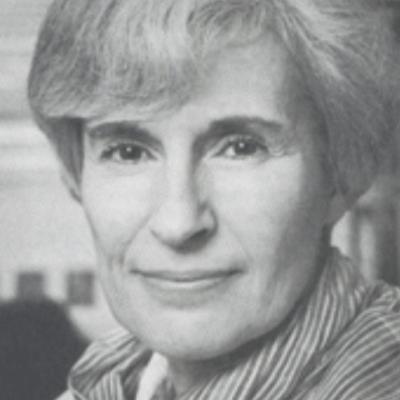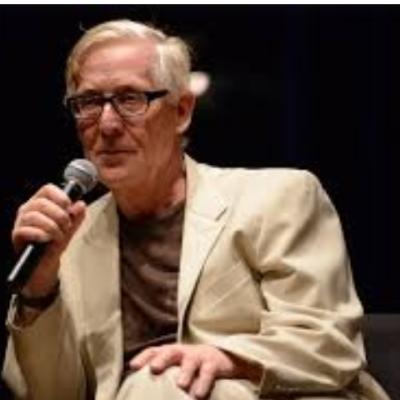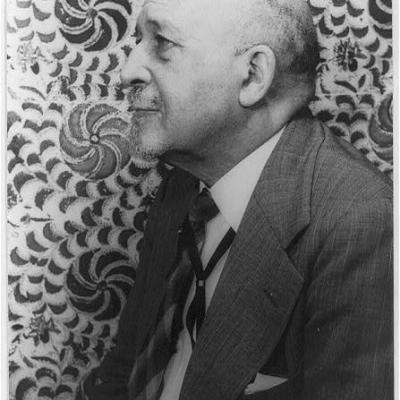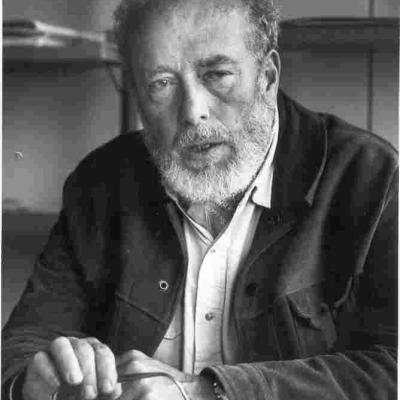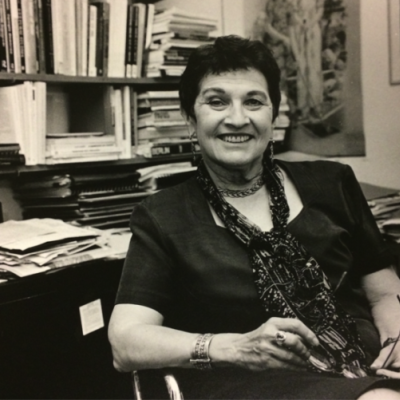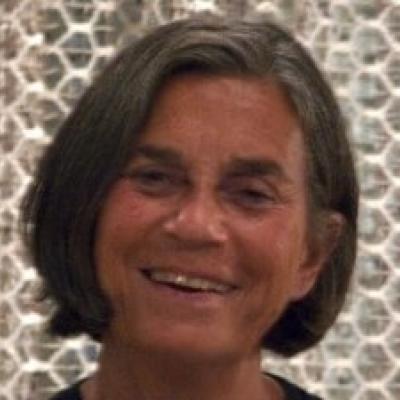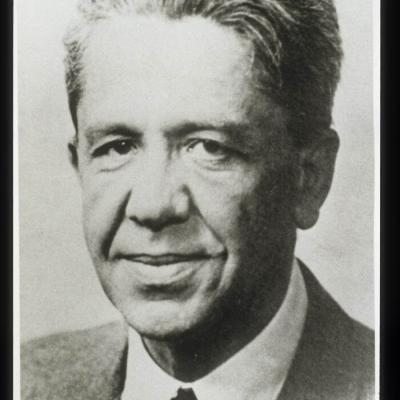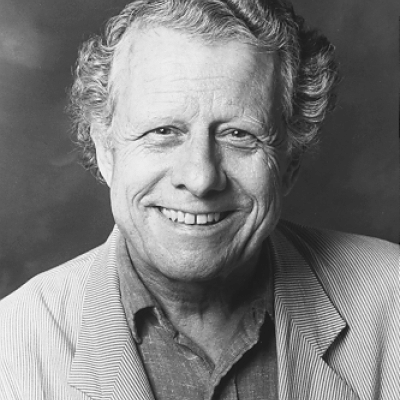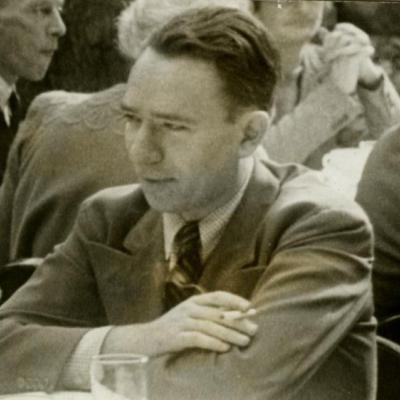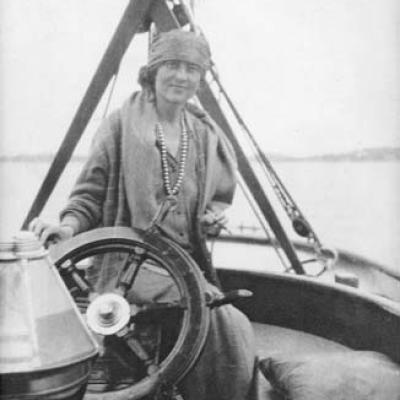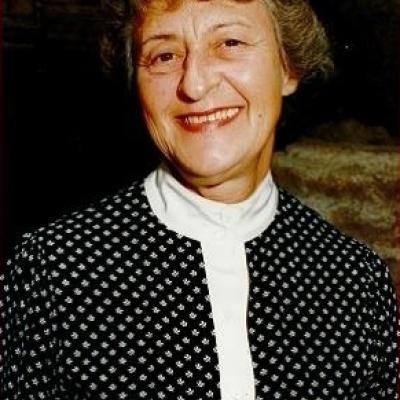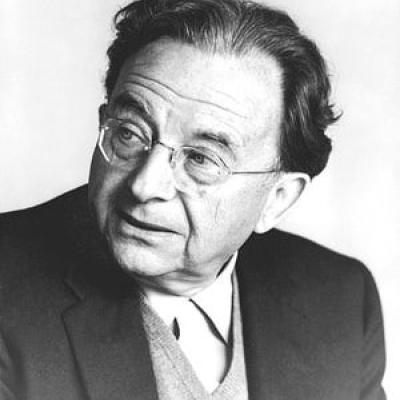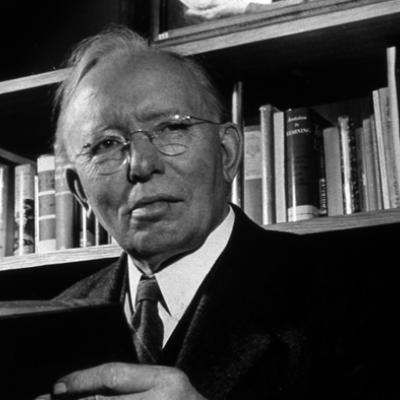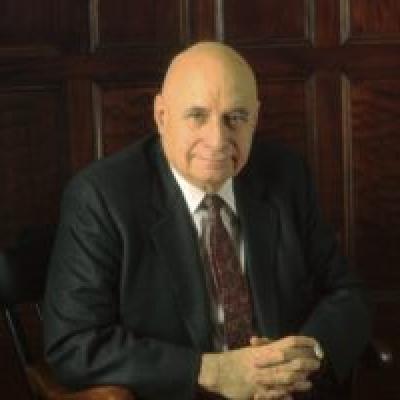Category: Sociology
Perry Anderson
Perry Anderson taught sociology at the New School in the 1980s. You can read more about him here.
The Social Construction of Reality
Sociological interest in questions of'reality' and 'knowledge' is thus initially justifies by the fact of their social relativity. What is 'real' to a Tibetan monk may not be 'real' to an American businessman.
Sartre for the Twenty-First Century?
Jean-Paul Sartre (1905-1980) is considered by many to be the "philosopher of the twentieth century." He came to exemplify a certain form of public intellectual, what Bourdieu critically calls a "total intellectual," by virtually dominating French intellectual life (literature, philoso
In Search of Popular Culture: The 60s Legacy
Sondra Farganis, chairwoman of the social sciences at the New School for Social Research in New York City, supports the importance of popular culture as a course of study. She also believes it belongs in the sociology or history departments.
The Present Human Condition
Man's character has been molded by the demands of the world he has built with his own hands. In the eighteenth and nineteenth centuries, the social character of the middle class showed strong exploitative and hoarding traits.
Making Music Together—A Study in Social Relationship
Instead of entering here into the complicated philosophical analysis of this problem, it may be permissible to refer to a series of well known- phenomena in the social world in which this precommunicative social relationship comes to the foreground.
W.E.B. Du Bois
William Edward Burghardt Du Bois (February 23, 1868—August 27, 1963) was an American historian, sociologist, and civil rights activist, widely recognized for his historiography on Reconstruction, writings on black subjectivity, and involvement in the Pan-Africanist movement.
Thomas Luckmann
Thomas Luckmann was a prominent sociologist specializing in the sociology of communication, sociology of knowledge, and sociology of religion.
Vera Zolberg
Vera L. Zolberg, a pioneer of sociology of arts and memory studies, was born in Vienna in 1932.
Sondra Farganis
“Breaking the rules, taking risks comes at a price,” says Sondra Farganis, Director Emeritus of both the Vera List Center for Art and Politics (VLC) and the Wolfson Center for National Affairs at the New School (WC).
Alfred Schutz
Alfred Schutz (b. April 13, 1899 Vienna – d. May 20, 1959 New York City) studied law and economics with Ludwig Von Mises, Othmar Spann and Hans Kelsen, and graduated from the University of Vienna in financial law.
Charles Tilly
Charles Tilly taught sociology at The New School. You can read more about him here.
Hans Speier
Hans Speier was a sociologist and founder of the University in Exile. You can read more about him here.
Elsie Clews Parsons
Elsie Clews Parsons, née Elsie Worthington Clews (November 27, 1875, N.Y., N.Y. – December 19, 1941, N.Y., N.Y.), was an American sociologist and anthropologist who produced landmark studies of the Pueblo and other Native American tribes in the Southwest, Mexico, and South America.
Janet Abu-Lughod
Janet L. Abu-Lughod (1928-2013), professor emerita at The New School for Social Research and of Sociology at Northwestern University, held graduate degrees from the University of Chicago and the University of Massachusetts Amherst.
Julie Meyer
Julie Meyer, a pioneering scholar in the sociology of labor, was born in Nuremberg, Germany, on January 15, 1897, to a banking family. She studied in Munich and Erlangen and received her Ph.D. from the University of Erlangen in 1922.
Erich Fromm
Erich Fromm was a German-American social psychologist and psychoanalyst, who was associated with the Frankfurt School of critical theory. His work challenged the theories of Sigmund Freud, [1] and brought psychoanalysis to bear on sociological and political questions.
Max Weber, Ernst Troeltsch, Georg Jellinek as Comparative Historical Sociologists
The discussion by Max Weber on church, sect and mysticism which I introduced in translation in a recent issue of Sociological Analysis, is an exceptional example of the different ways four of the greatest German sociologists related to key issues in the domains of the sociology of rel
War Making and State Making as Organized Crime
If protection rackets represent organised crime at its smoothest, then war risking and state making – quintessential protection rackets with the advantage of legitimacy – qualify as our largest examples of organised crime.
The Stranger and the City
In the ultimate sense of education and of culture, there can be no conflicts.
The Trend in World Economies
Public discussion of the economic future of the world is in full swing. After a period of gestation devoted to sweeping generalities and utopian blueprints for a world economy in the literal sense, we have now entered the realistic phase of planning for the immediate post-war period.
Massive Subsidies and Academic Freedom
To kill through kindness is quite possible.
The New Institute of World Affairs
To contribute to a diagnosis of the present state of world affairs will be the primary task of the new Institute of World Affairs, 66 Fifth Avenue, New York.
Class Structure and "Total War"
Wars are the products of the civilization in which they are waged. Their specific character is dependent upon the specific organization of society in times of peace.
The Ends of Education
There is more agreement about the ends of education in contemporaneous discussion than about the way in which they are to be derived. And there is more agreement about the phrasing of the ends of education than about their concrete meaning in any specific cultural context.
Alfred Schutz: Philosopher and Social Scientist
Aron Gurwitsch’s critique of Schutz’s essay “The Stranger” is the starting point for this consideration of Schutz’s relationship with phenomenology. This relationship is based on Schutz’s emphasis on the value of the “average” as a phenomenological structure.
Chapter 9 from The Nature of Human Aggression
At least as old as the alleged ʺinstinct of aggression,” according to Robert Ardrey, is the “instinct of territory.” The “instinct of territory”ʺ is defined by Ardrey as “an inherent drive to gain and defend an exclusive territory.” And, according to him, in defense of territory ʺthe
The Intellectual Origins of Fascism
The first and second rules of reasoning, as formulated by Newton and repeated by popular physicists down to the present, read as follows: “We are to admit no more causes of natural things than such as are both true and sufficient to explain their appearance. . . .
Behavioral Support for Opinion Change
Although attitudes are commonly conceived to be tendencies to specific types of action, the relationship between attitude change and subsequent behavior has been investigated in only a few research studies.
Alvin Johnson
Alvin Saunders Johnson (December 18, 1874 – June 7, 1971) was an American economist and a co-founder and first director of The New School.
Sociology and Freedom
Discontinuities and Persistence: One World System or a Succession of Systems?
One world system or a succession of systems?
Peter Berger
Peter Ludwig Berger (b. March 17, 1929), one of America’s foremost sociologists of religion, both studied and taught at the New School. After earning a B.A. from Wagner College/Staten Island in 1949, Berger pursued graduate studies at the New School, where he could attend school in the evening.
The Islamic City—Historic Myth, Islamic Essence, and Contemporary Relevance
At the present time of resurgence in Islamic beliefs, the question of the Islamic city has once again come to the fore.
